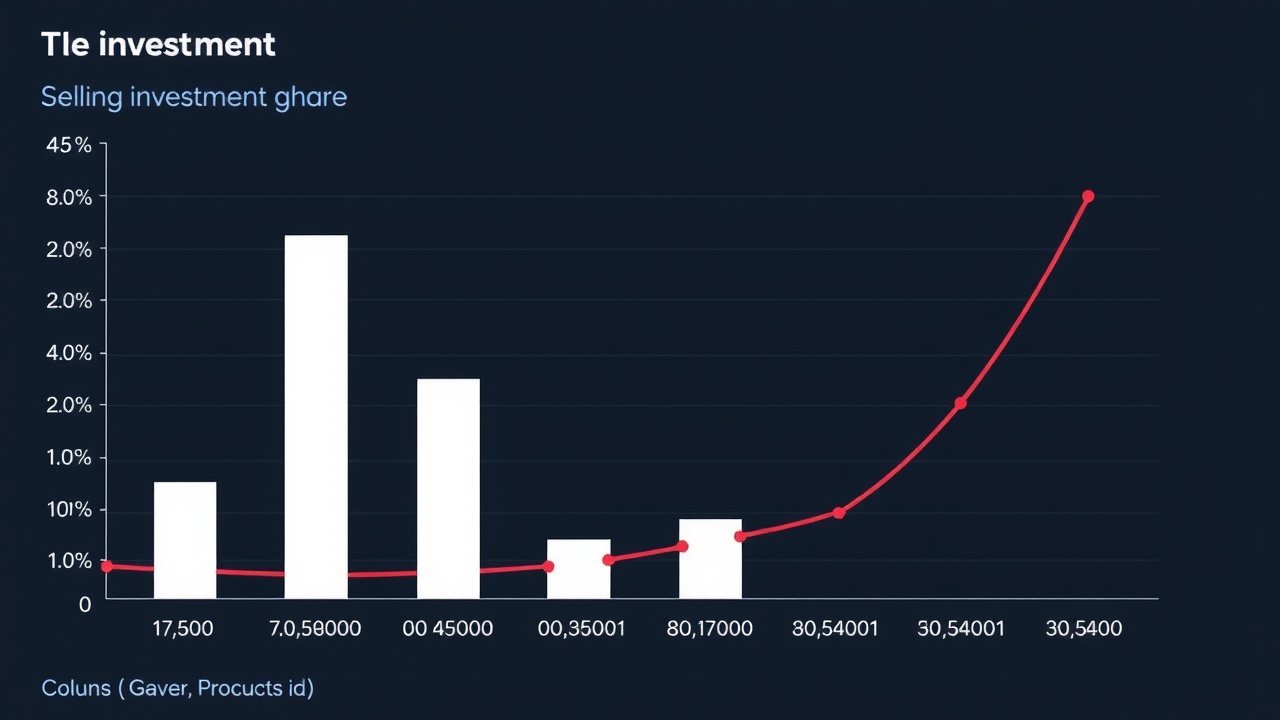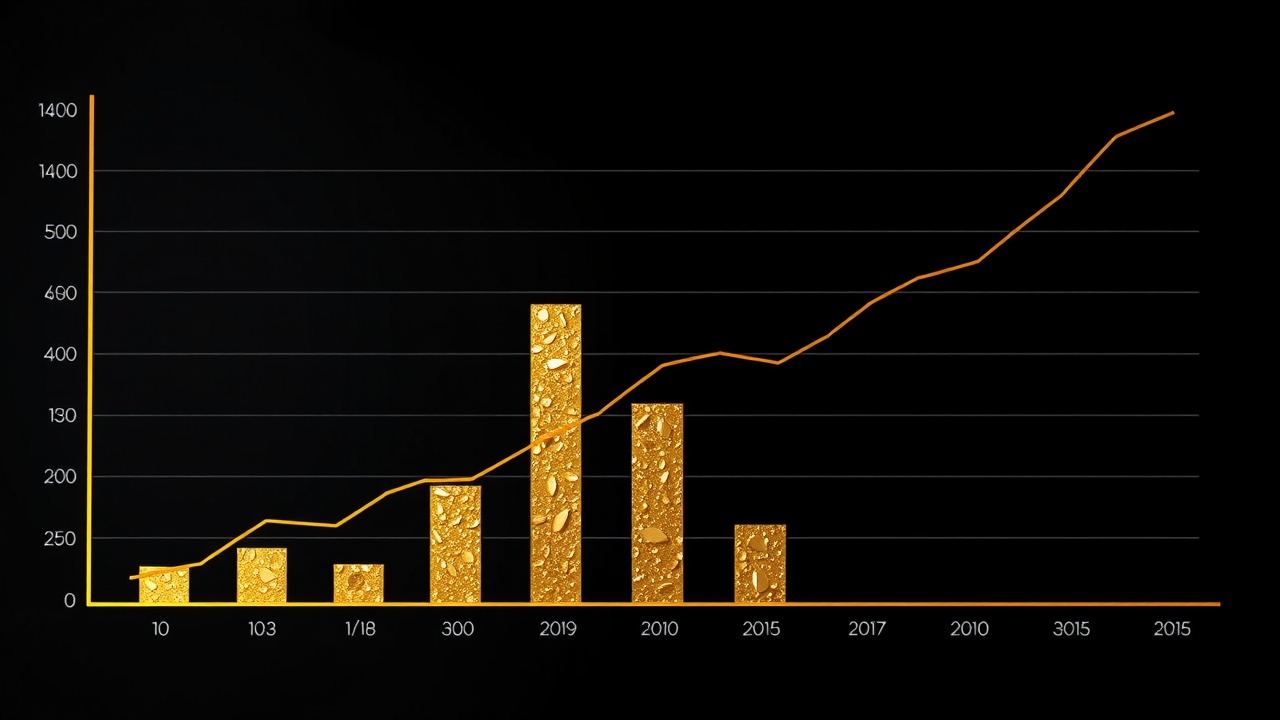
Investment platforms report that gilts continue to attract interest
Why is demand being driven?
In February, investors returned to gilts, but they are looking for more than just income.
After the mini-Budget in 2022 and the Bank of England's 2023 interest rate hike, government bondsespecially short-term or low coupon giltshave gained popularity.
Despite economic uncertainty, the asset class has given investors peace of mind since the beginning of the year, and investment platforms reported that February was a busy month for gilt purchases.
Last month, Hargreaves Lansdown set yet another record for gilt trading.
Compared to January, which was also a record month, the investment platform reported that the value of gilts bought in February was 63 percent higher.
According to the platform, as of the close on March 12, net buys have already surpassed 60 percent of the total recorded in 2024.
Additionally, gilts were the most popular asset class in January, according to AJ Bell, and more money moved into gilts in February.
According to Interactive Investor, gilt purchases as a percentage of platform assets are at an all-time high. According to its February annual figures, trades increased by 42% and the amount of money added to gilts increased by 65%.
Why is the demand for gilt increasing?
The increasing interest in gilts can be attributed to several factors.
According to recent research by asset manager Aberdeen, investors will be searching for alternative places to put their money because 80 billion short-dated gilts are scheduled to expire in the first half of 2025.
According to senior investment analyst Hal Cook of Hargreaves Lansdown, many investors made significant gains from short-dated gilts in January, and since high yields are still available, prices are rising.
"Some managers even pointed out that the increased demand for low coupon gilts, especially in early February, was skewing market pricing," Cook said.
"The fact that fund managers are discussing this shows how many of these gilts are being purchased by retail customers in a market that has traditionally been controlled by institutional investors.
The high yields of between 4 and 5 percent that are available appear to be luring cautious investors, even though many of the best savings rates are vanishing and stock markets are erratic.
A lot of attention is focused on low-coupon or short-dated yields, which experts believe indicate investors were buying them for capital gains rather than income.
Investment analyst Dan Coatsworth of AJ Bell stated: "Gilt yields are heavily influenced by interest rate expectations, and investors purchasing low coupon gilts are essentially assuming that interest rates will decline. If they are right, gilt prices would normally rise and gilt yields would normally decline.
Is it time to purchase gilts?
There are risks associated with gilts because yields cannot outperform the stock markets or inflation in the long run.
However, gilt investors may be able to profit handsomely if they are able to sell on the secondary market after interest rates eventually decline once more, as anticipated, and bond prices rise.
Given that any profits are exempt from capital gains tax, this highlights one of gilts' primary benefits.
The majority of gilts are kept in general investment accounts because of this, according to Sam Benstead, fixed income lead at Interactive Investor: "They are a very alluring investment for anyone who has used up their ISA or pension allowances.
According to Coatsworth, "Gilts are especially appealing to people who may have used up their ISA allowance and are searching for ways to minimize turning over investment gains to the taxman because you don't pay capital gains tax when you sell them for a profit."
"Even though income from gilts held outside of an ISA or SIPP is still subject to tax, investors purchasing low-coupon gilts are obviously not choosing them as their source of income.
"We naturally expect demand to fall from the levels we've seen so far in 2025, particularly once we pass tax year end, when early bird investors will choose to make use of their tax allowances for 2025/26 ahead of investing in gilts," Cook says, hinting that gilt demand may slow down next month.
But given the macroeconomic climate, we would anticipate gilt yields to stay high.














Leave a comment on: Should you invest in government bonds as gilt trades rise once more?